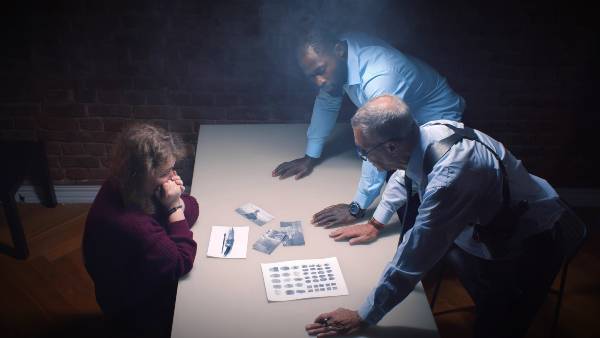Never answer questions without a lawyer by your side.
Many people probably know they have Miranda rights, and should they ever be arrested, a police officer will explain or “read” their rights to them. Miranda rights include the right to remain silent and the right to an attorney. They protect people suspected of crimes from self-incrimination. What a lot of people may not know, however, is how their Miranda rights work and when to use them.
Not every interaction or interview with the police requires a Miranda warning. The police can ask a lot of questions without “Mirandizing” someone. The information gathered before an arrest or during a non-custodial interaction can be used against you.
You have a right to remain silent, but to get the most out of this liberty, you must say it aloud – you must invoke your right. Here’s when and how to use your Miranda rights in Michigan.
What are Miranda rights?
A Miranda warning is when police are reading you your rights. Police will Mirandize a suspect under two conditions: in-custody interrogation and during an arrest.
The wording may change a little depending on the officer, but a basic Miranda warning goes like this:
- You have the right to remain silent.
- Anything you say can be used against you.
- You have a right to a lawyer.
- If you cannot afford a lawyer, one will be appointed to you.
In Michigan, an officer may add – if you decide to answer questions without a lawyer present, you can, at any time, stop answering questions and ask for a lawyer.
If a police officer does not read someone their Miranda rights before a custodial interrogation, anything said in response to police questions may be inadmissible in court. A criminal defense attorney can help determine whether a person’s rights were violated during an arrest or interrogation and fight to suppress illegally obtained evidence.
Take steps to use your rights
Miranda rights only apply to in-custody situations. Therefore, if you are not in custody, you must “unequivocally invoke” your right to remain silent and state, out loud, that you are using your “right to remain silent,” sometimes called “pleading the 5th.”
If you do not say this, your silence in response to police questions could be used as “evidence” of an alleged crime. Remember that it is legal for police to lie during questioning. Do not answer police questions. Tell the police:
- “I am using my 5th Amendment right to stay silent. I will not answer questions until my lawyer is present.”
Don’t allow the police to talk over or interrupt your declaration of rights. If you do not say all the words necessary to use your rights, they may not apply. As patiently as possible and until they hear you, repeat that you are using your right to remain silent and want a lawyer.
Where does the law say I have the right to remain silent?
Your right to not incriminate yourself is primarily enshrined in Amendments 5 and 6 to the U.S. Constitution.
- The 5th Amendment says that the government cannot compel a person to answer questions if the answers might indicate the person’s involvement in a crime. The 5th Amendment can be invoked during questioning, even if a person has already answered some questions.
- The 6th Amendment establishes the right to legal counsel during questioning. It also says that counsel will be provided to those who cannot afford it. Having a criminal defense attorney by your side is strong protection against self-incrimination.
After asserting your rights, remain silent and consult with a criminal defense lawyer as soon as possible.
Let your attorney do the talking
Using your Miranda rights can help protect your freedom. The less you say to the police and the sooner you seek legal help, the more options your criminal defense attorney has to get the best outcome.
If you are facing criminal charges in Michigan or police questioning, contact Manley & Manley. Our Michigan criminal defense lawyers are fighters. We are relentless in our dedication to protecting your rights and freedom. Contact us today. We’re open 24/7.


